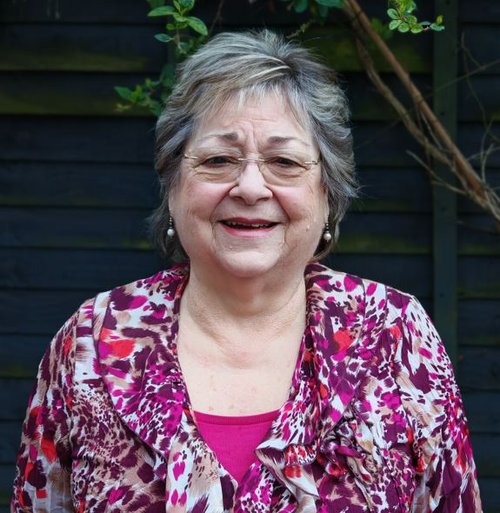National Institute for Health and Care Research (NIHR): Cardiovascular Research trial
Being part of a cardiovascular research trial makes me feel that I'm getting a little bit extra’ - Ann’s story
Cardiovascular disease (CVD) is a general term for conditions affecting the heart or blood vessels. CVD, which can lead to heart attacks or strokes, is one of the main causes of death and disability in the UK.
Previous research trials have shown that lowering low-density lipoprotein (LDL) cholesterol, otherwise known as “bad” cholesterol, with a type of medicine called statins reduces the risk of heart attacks and strokes. However, among individuals with a previous history of vascular disease, the risk of a further vascular event remains high, even after several years of statin treatment.
ORION-4, an international clinical trial supported by the National Institute for Health and Care Research, is being delivered at 113 sites across the UK. The trial aims to find out whether a drug called inclisiran safely reduces the risk of heart attacks or strokes in people who already have a history of vascular disease.
Ann Smalley is one of the 807 participants taking part in ORION-4 in the South West Central region. We spoke with her to find out more about her experience participating in the trial at Gloucestershire Hospitals NHS Foundation Trust.
In 2016 Ann had an arterial dissection, a tear along the inside lining of an artery, in the centre base of her neck. “The lining had collapsed from the top down and stopped blood getting through which is similar to a stroke or a blood clot.”
In 2019, Ann received a letter inviting her to take part in ORION-4 at Cheltenham Hospital. “I just thought, why not? Researching preventative medicine is so important. If we don’t trial new medication, we'll never get new treatments. It's the only way that we're going to progress.”

Ann joined the other 12,114 participants in the UK in receiving injections of either inclisiran or a placebo. Participants receive the injections 3 times in the first year and then once every 6 months, for 5 years. Which treatment each participant received was decided by randomisation. Neither the participants, nor the study staff know which treatment they received. At each clinic visit, Ann was asked questions about her health, had a blood sample taken and was given the injection.
“The research nurse makes it a really pleasant visit. She really cares about me and always asks how I am with a genuine interest in how I'm feeling.
“Being part of the trial makes me feel that I'm getting a little bit extra. Not care as such, but I'm being watched on 2 fronts with my rheumatology consultant and research nurse.”
Since joining the trial, Ann’s husband has also got involved with research. “I’ve had such a good experience with it that I persuaded him that he should do it too.”
“My message to those considering taking part in research is that you’ve got to fully understand and be comfortable with what you’re going into - the research team will explain everything in detail. I really appreciated being seen more often and having a laugh with the research nurse was the best part of the trial.”
Health and care research can only improve and save lives with the help of people like you. Find out which research studies you can be involved in and how you can participate by visiting the Be Part of Research website.